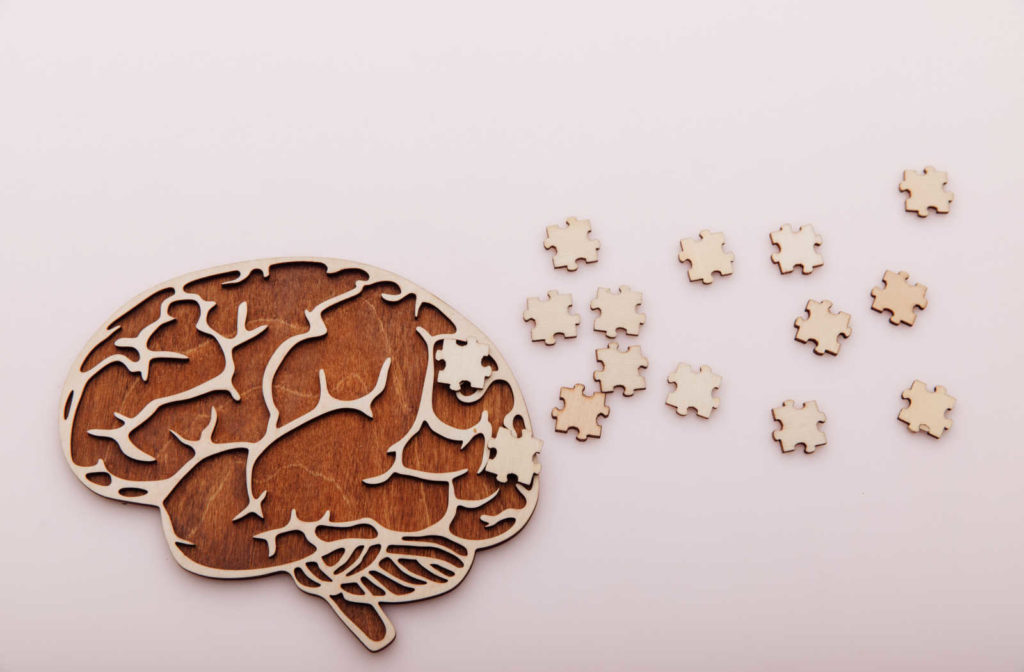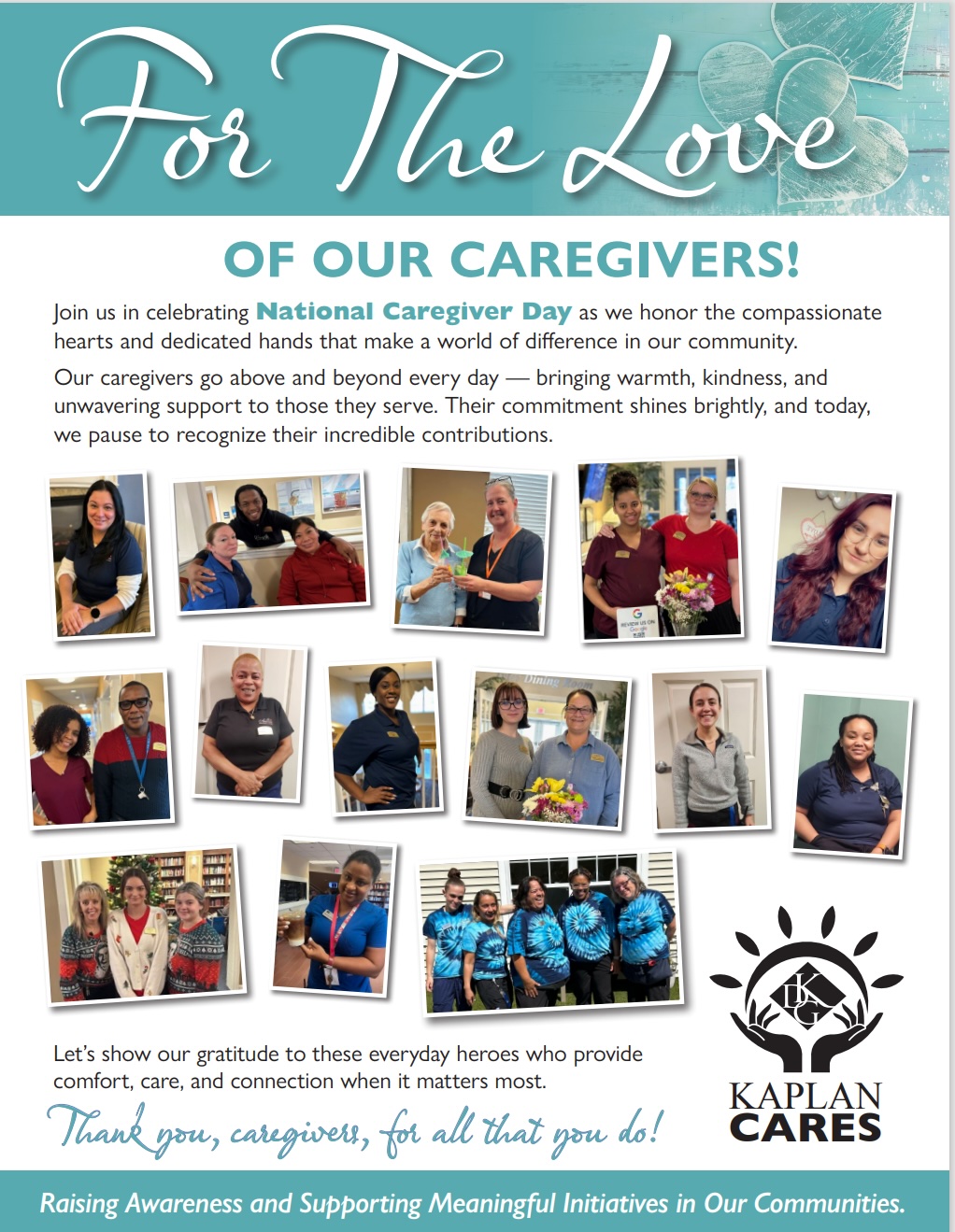Watching a loved one slip into dementia can be difficult and sad. From losing their glasses, forgetting your phone number, or getting lost in the city where they’ve lived forever, the decline can simultaneously feel slow and swift.
While the progression of Alzheimer’s doesn’t always fall into clear boxes, there are 7 understood stages of the disease that range from pre-symptoms to very severe decline.
The unique Alzheimer’s progression of your loved one will impact their independence and care. Understanding the distinct stages of Alzheimer’s can help you get your loved one the support and environment where they’ll thrive.
Stage 1: Pre-Clinical Alzheimer’s
Alzheimer’s development begins in the brain structures long before symptoms appear. This is the silent stage. If your loved one has a family history or is at risk for developing Alzheimer’s, doctors can try to identify biomarkers and ask about memory difficulties during regular check-ups.
The first stage of Alzheimer’s progression is marked by an accumulation of a protein called tau in the cerebral spinal fluid. It can be years and sometimes decades before symptoms appear and your loved one slips into stage 2 of the disease.
Stage 2: Mild Cognitive Impairment
Around the age of 65, mild cognitive impairment can cause mild changes in memory functioning. People may forget conversations, appointments, and birthdays, or lose their words. It’s normal for people to forget things as they age, so the second stage may not be noticeable or seem out of the ordinary for others their age.
Living independently, maintaining a work-life, driving, or socializing are only sometimes affected early in this stage. As this stage advances and your loved one moves into stage 3, you may notice the continuing decline before they do.
Stage 3: Noticeable Decline
The signs of Alzheimer’s disease become more evident in this stage. People can often get a diagnosis at the third stage. The noticeable changes become difficult to blame on age, and it can disrupt a person’s daily routine.
People in the third stage may experience the following:
- Memory loss of recent events
- Difficulty organizing and expressing thoughts
- Misplacing things
- Getting lost
- Difficulty with problem-solving and complex tasks
This stage can be very distressing for your loved one. Regular doctor’s visits can help manage and track the symptoms, but they may need a caregiver to step in and assist with more complex tasks, such as paying bills and keeping track of their appointments.
Stage 4: Moderate Dementia
At this stage, cognitive damage affects more than just memory. As Alzheimer’s progresses, brain damage can begin to alter your loved one. Their personality may change, they may lose interest in hobbies, or begin to feel depressed.
Your loved one can struggle with unique challenges, such as:
- Confusion about where they are and what day it is
- Forgetting details about themselves
- Struggling with executive function, including tasks with multiple steps
- Increasingly poor judgment
They’ll need significant lifestyle changes in the fourth stage to ensure their safety. They shouldn’t be driving at this stage, a loved one should monitor their finances to ensure they’re not being taken advantage of, and someone else should help with daily chores.

Stage 5: Moderately Severe Decline
As the symptoms become more severe, people in the fifth stage need much more support. Living independently isn’t advised at this stage. While they still can maintain hygiene and remember to eat, taking care of finances and dressing appropriately will be difficult.
Consolidating your loved one’s life with assisted living still supports their semi-independent lifestyle, but you can be at ease knowing they’re safe when things get worse.
Emotional changes, such as delusions (false beliefs) and paranoia (the feeling that others are against you), are expected at this stage. The greater their support, the more trusting they’ll be.
Stage 6: Severe Dementia
During the sixth stage, people’s faces and names become mixed up for your loved one. Their communication will begin to falter as they forget words and struggle to talk, but connecting with them through their other senses, like playing music, being spoken to, or seeing art or photos they loved.
As this stage progresses, your loved one will need help dressing and personal hygiene. Some people struggle to feed themselves, swallow, or control their bladder.
Some people with dementia lose weight, have trouble walking, and alter their sleeping patterns. Their supportive care needs will become more involved as they become frustrated and display psychological and behavioral symptoms.
Stage 7: Very Severe Decline
Your loved one’s ability to interact with their environment is gone in this stage. They’ll become utterly reliant on caregivers to wash, feed, and clothe them. Their tendons, muscles, and soft tissues will tighten and shorten, changing their posture and limiting or entirely impeding their movement.
When Alzheimer’s becomes this advanced, their immune systems weaken, making them vulnerable to infections. Pneumonia is one of the most dangerous infections someone with Alzheimer’s can contract. In an assisted living facility, your loved one will get the care they need to make them comfortable and happy.
Choose Memory Care Assisted Living for Your Loved One
For whatever stage of Alzheimer’s your loved one is passing through, Bentley Assisted Living at Branchville offers Memory Care, a balance of staff-supported assistance with independent living. Contact us to learn more about memory care, explore the floorplans of our apartment spaces, and schedule a visit to our community.





